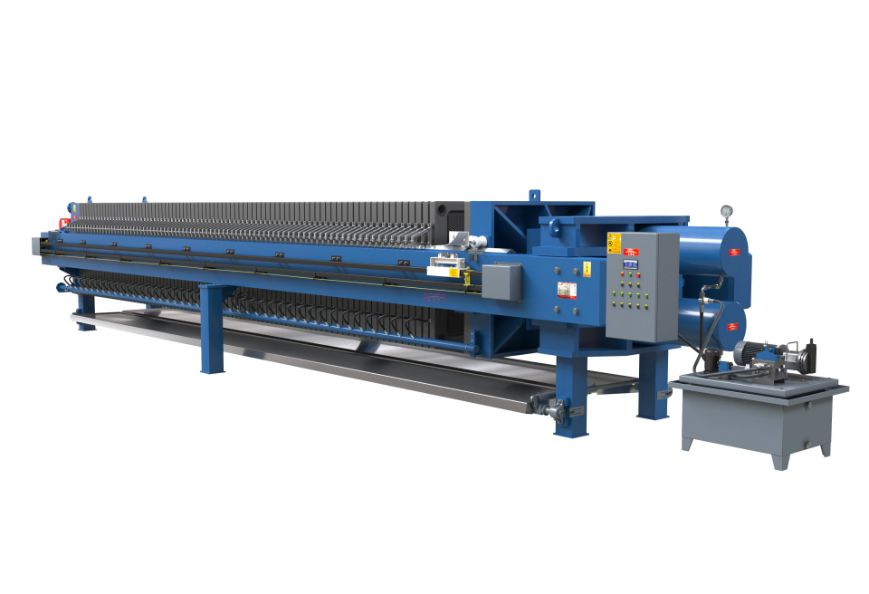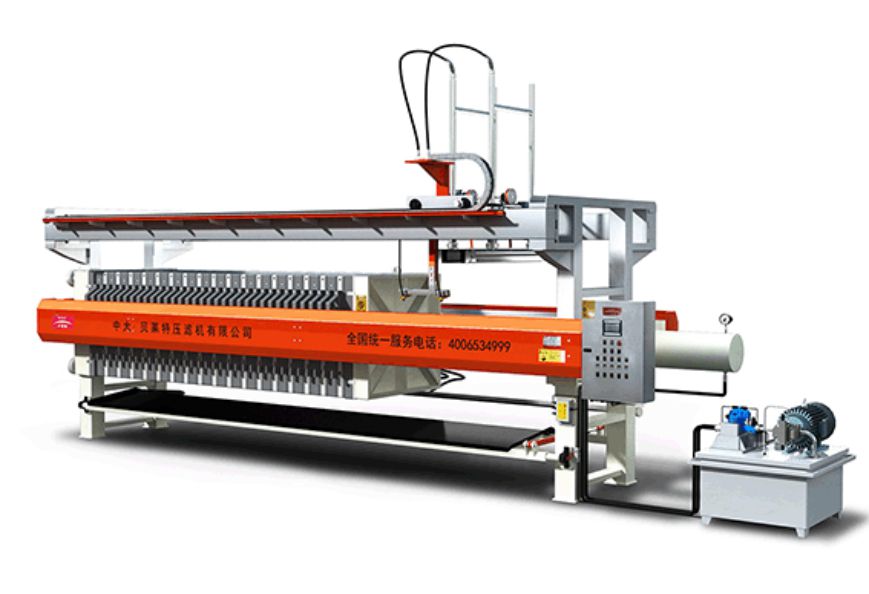When it comes to solid-liquid separation, the choice between a Chamber Filter Press and a Membrane Filter Press can significantly impact your operational efficiency, costs, and compliance performance.
Each has clear advantages — the key is knowing which one fits your process, your priorities, and your industry best.
This guide highlights the strengths of each technology, provides a side-by-side comparison, and helps you identify which is better suited for your operation.

The Chamber Filter Press is a tried-and-true technology known for:
Lower upfront investment
Simple mechanical design
Easy maintenance and operation
Reliable performance in low-to-medium volume applications
Best for:
Plants with limited budgets
Processes with low solids concentration
Industries where cake dryness isn’t critical
Entry-level or first-time users of filter press systems

The Membrane Filter Press adds a second filtration step using inflatable membrane plates that apply additional pressure to the filter cake.
Lower final cake moisture (as low as 35–45%)
Faster cycle times
Reduced sludge disposal and drying costs
Better suited for automation and continuous operation
Improved cake uniformity and cleaner cake release
Best for:
Industries with high sludge disposal costs
Applications where dryness affects compliance or cost
Large-scale, automated operations
Businesses pursuing energy efficiency and sustainability goals
Side-by-Side Comparison
| Feature | Chamber Filter Press | Membrane Filter Press |
|---|
| Upfront Equipment Cost | Lower | Higher (20 |
| Cake Moisture Content | 55 | 35– |
| Filtration | Standard | Faster |
| Maintenance | Simple | Moderate |
| Automation | Limited | High ( |
| Operating Cost (Long | Moderate | Lower ( |
| Best Use Case | Budget-sensitive, | High |
Industry Fit: Who Should Use Which?
Chamber Filter Press Ideal For:
Small and medium-sized plants
Ceramics, textiles, light industrial wastewater
Operations with limited staff or low automation
Buyers focused on CapEx savings
Membrane Filter Press Ideal For:
Municipal and industrial wastewater
Mining and metallurgical operations
Chemical, pharma, and food industries
Companies aiming to reduce TCO and environmental impact
Quick Tip: If you’re paying high sludge transport or drying costs, membrane presses usually pay for themselves faster.
Ready to Find Your Best Fit?
Let our experts help you evaluate the ROI of each option based on your unique process needs.
[Request a Quote]
